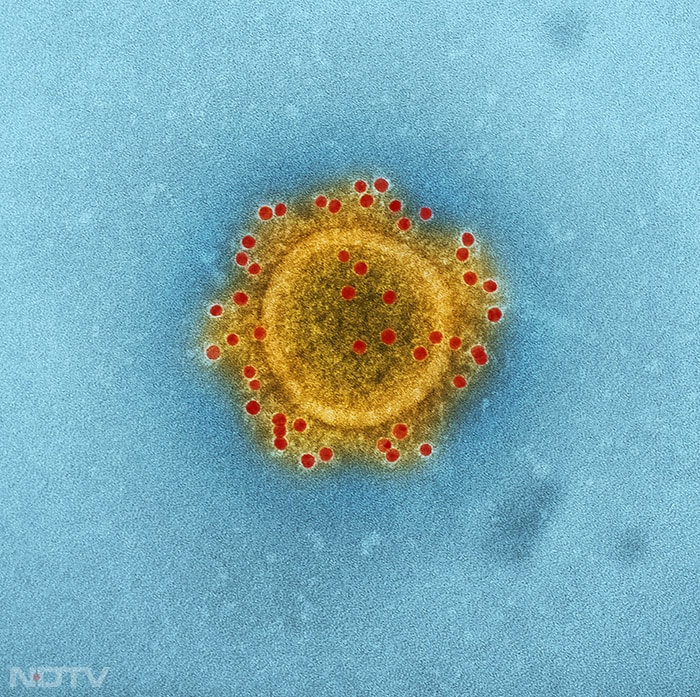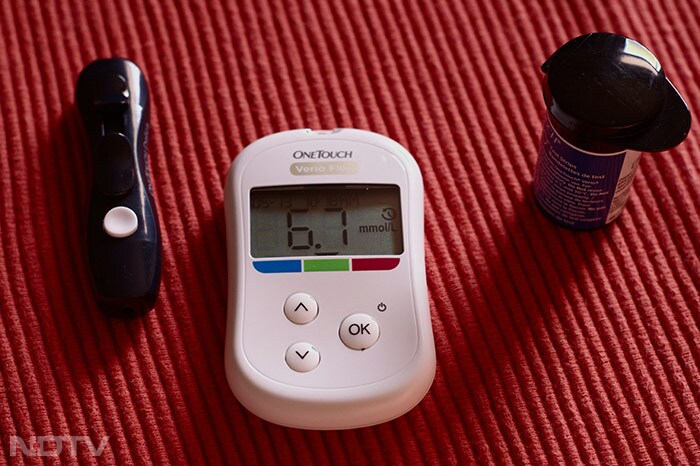World Asthma Day: Major Triggers Of Disease
Asthma is one of the most common chronic non-communicable diseases that affects over 260 million people and is responsible for over 450,000 deaths each year worldwide, according to WHO.
-
 The World Asthma Day (WAD) was observed globally on Tuesday, May 7, 2024. It is an occasion to raise awareness about the chronic condition. This year's theme, Asthma Education Empowers, underscores the importance of enhancing awareness and understanding of asthma. (Unsplash)
The World Asthma Day (WAD) was observed globally on Tuesday, May 7, 2024. It is an occasion to raise awareness about the chronic condition. This year's theme, Asthma Education Empowers, underscores the importance of enhancing awareness and understanding of asthma. (Unsplash) -
 Asthma attacks can be triggered by various factors, which differ from person to person. It is important to know about these triggers so emergency can be avoided. (Unsplash)
Asthma attacks can be triggered by various factors, which differ from person to person. It is important to know about these triggers so emergency can be avoided. (Unsplash) -
 Asthma is more likely in people who have other allergic conditions, such as eczema and rhinitis (hay fever). (Pixabay)
Asthma is more likely in people who have other allergic conditions, such as eczema and rhinitis (hay fever). (Pixabay) -
 Urbanisation is associated with increased asthma prevalence, probably due to multiple lifestyle factors. (Unsplash)
Urbanisation is associated with increased asthma prevalence, probably due to multiple lifestyle factors. (Unsplash) -
 WHO says exposure to environmental allergens and irritants also increase the risk of asthma, including indoor and outdoor air pollution, house dust mites, moulds, and occupational exposure to chemicals, fumes or dust. (Pexels)
WHO says exposure to environmental allergens and irritants also increase the risk of asthma, including indoor and outdoor air pollution, house dust mites, moulds, and occupational exposure to chemicals, fumes or dust. (Pexels) -
 Events in early life affect the developing lungs and can increase the risk of asthma. These include low birth weight, prematurity, exposure to tobacco smoke and other sources of air pollution, as well as viral respiratory infections. (Pexels)
Events in early life affect the developing lungs and can increase the risk of asthma. These include low birth weight, prematurity, exposure to tobacco smoke and other sources of air pollution, as well as viral respiratory infections. (Pexels) -
 The global health body also said that children and adults who are overweight or obese are at a greater risk of asthma. (Pexels)
The global health body also said that children and adults who are overweight or obese are at a greater risk of asthma. (Pexels) -
 There is also a genetic condition - asthma is more likely if other family members also have asthma, particularly a close relative, such as a parent or sibling. (Unsplash)
There is also a genetic condition - asthma is more likely if other family members also have asthma, particularly a close relative, such as a parent or sibling. (Unsplash) -
 Asthma cannot be cured but there are several treatments available. The most common treatment is to use an inhaler, which delivers medication directly to the lungs. (Unsplash)
Asthma cannot be cured but there are several treatments available. The most common treatment is to use an inhaler, which delivers medication directly to the lungs. (Unsplash) -
 The family members of an asthma patient need education to understand more about their condition. This includes their treatment options, triggers to avoid, and how to manage their symptoms at home. (Unsplash)
The family members of an asthma patient need education to understand more about their condition. This includes their treatment options, triggers to avoid, and how to manage their symptoms at home. (Unsplash)
Advertisement
Advertisement
Advertisement
Advertisement
